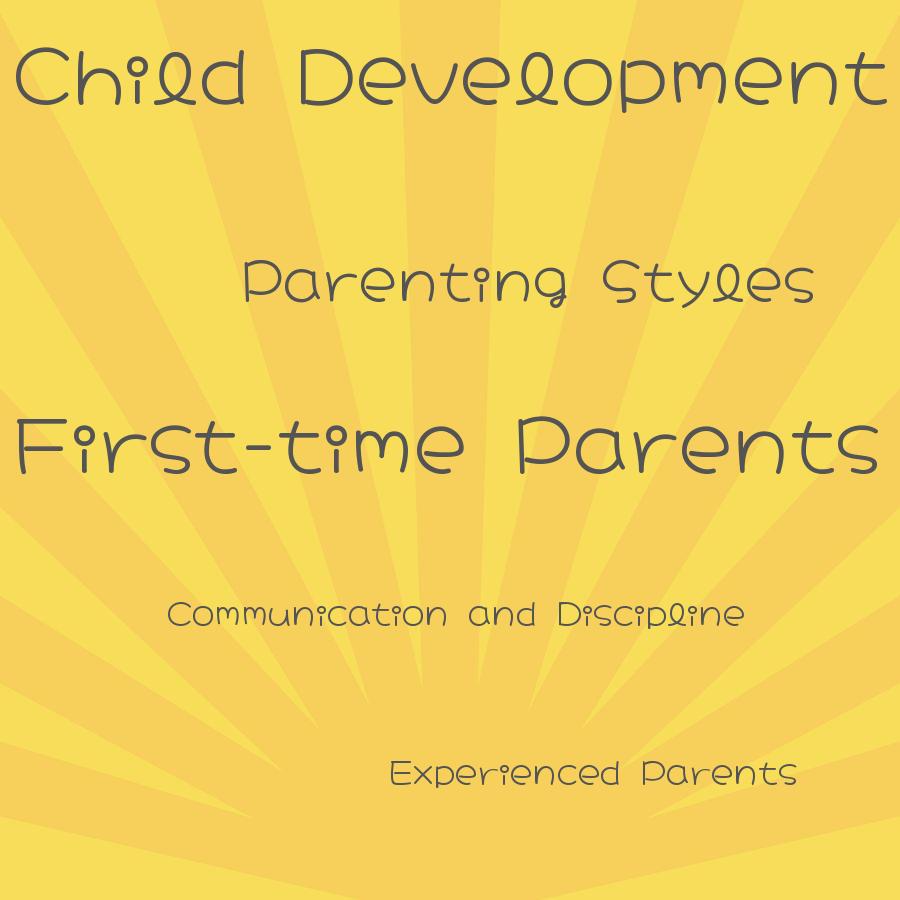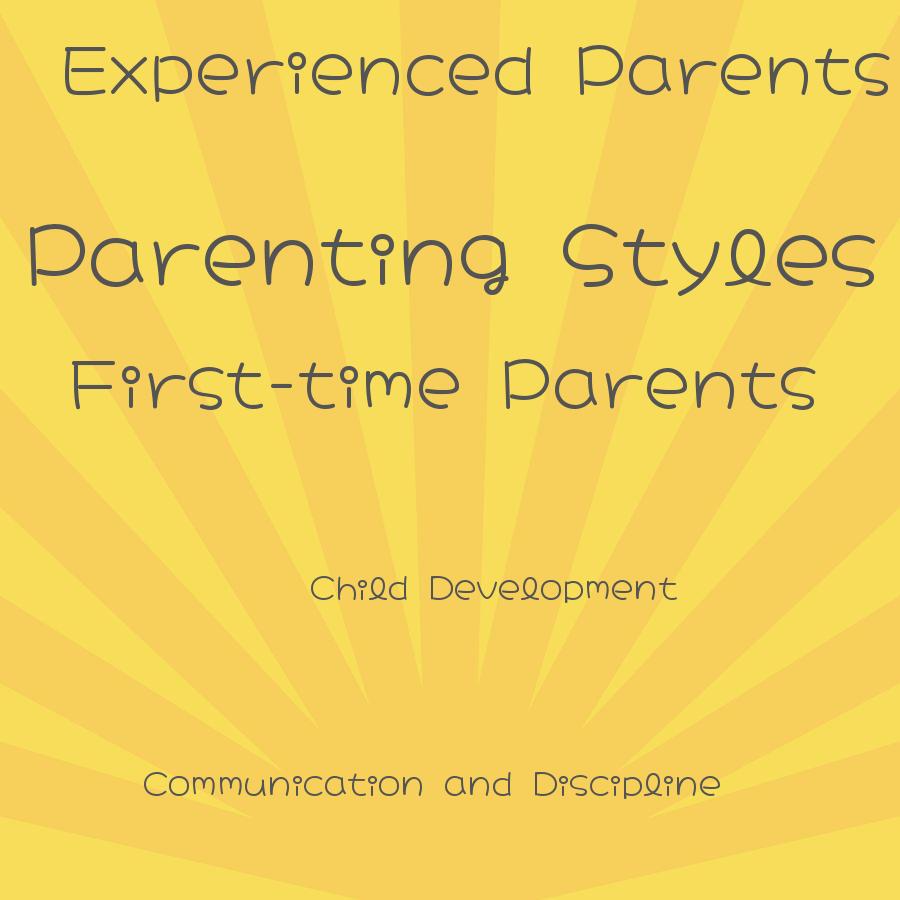First-time parents tend to be more anxious and overprotective, while experienced parents are more relaxed and confident in their parenting style.
As a first-time parent, I remember feeling overwhelmed with the responsibility of raising a tiny human being. Every decision felt like it could make or break my child’s future.
Should I breastfeed or bottle-feed? Co-sleep or crib? Cry-it-out or soothe immediately? The options seemed endless and the pressure was mounting.
But as time went on, and my daughter grew older, I began to relax a bit more. I realized that there is no one-size-fits-all approach to parenting and that what works for one family may not work for another.
Now, as an experienced parent with two children under my belt, I’ve noticed some distinct differences in how first-time parents approach parenting compared to those who have been through it before. In this blog post, we’ll explore those differences and why they exist.
So grab a cup of coffee (or tea) and let’s dive in!
Here You Will Learn:
Introduction to Parenting Styles


Before we dive into the differences between first-time parents and experienced parents, let’s take a moment to discuss parenting styles. Parenting style refers to the overall approach that a parent takes when raising their child.
There are four main types of parenting styles: authoritative, authoritarian, permissive, and uninvolved.
Authoritative parents set clear rules and boundaries for their children but also allow for open communication and flexibility. Authoritarian parents have strict rules with little room for negotiation or discussion.
Permissive parents tend to be more lenient with few rules or consequences while uninvolved parents provide minimal guidance or support.
Now back to our story – as a first-time parent I found myself gravitating towards an authoritative style of parenting because it felt like the most balanced approach. However, I quickly realized that my daughter had her own personality traits which required me to adjust my approach accordingly.
As an experienced parent now with two kids under my belt – one who is outgoing while the other is introverted- I’ve learned that there isn’t just one right way of doing things when it comes to raising children. So how do these different experiences shape our approaches as new versus seasoned moms? Let’s explore further!
First-Time Parents: Overprotective or Laid-Back?
First-time parents often find themselves in a constant state of worry. They want to do everything right and ensure their child is safe and happy at all times.
This can lead to overprotective parenting styles, where they may be hesitant to let their child explore or take risks.
I remember being terrified when my daughter started crawling towards the stairs for the first time. I immediately put up baby gates and hovered nearby every time she went near them.
But as she grew older, I began to realize that some bumps and bruises were inevitable parts of childhood development.
On the other hand, some first-time parents may adopt a laid-back approach out of sheer exhaustion or lack of experience. They may not have established clear boundaries or routines yet, leading to inconsistency in discipline.
Regardless of which end of the spectrum they fall on, it’s important for first-time parents to find a balance between protecting their child while also allowing them room for growth and independence. As an experienced parent now, I’ve learned that children are more resilient than we give them credit for – but it’s still our job as caregivers to keep them safe while encouraging exploration within reasonable limits.
Experienced Parents: More Relaxed or Strict?
Experienced parents tend to be more relaxed when it comes to parenting. They have been through the ups and downs of raising a child, and they know what works for their family.
They are less likely to stress over every little decision, and they trust their instincts more.
For example, when my first child was born, I was adamant about following a strict schedule for feeding and sleeping. But with my second child, I realized that being flexible worked better for our family’s needs.
Experienced parents understand that each child is unique in their own way; what works for one may not work for another.
However, this doesn’t mean that experienced parents are completely hands-off or lack discipline altogether. In fact, many experienced parents have developed effective disciplinary strategies based on trial-and-error experiences with their children over time.
Overall though – whether strict or relaxed – experienced parents tend to approach parenting with a sense of confidence gained from years of experience under their belts!
Communication and Discipline Strategies
When it comes to communication and discipline strategies, first-time parents tend to be more rigid in their approach. They may have read books or attended classes that promote a specific method of parenting, and they feel the need to stick strictly to those guidelines.
Experienced parents, on the other hand, are more likely to take a flexible approach based on what works best for their child’s personality and temperament.
I remember being so focused on following a strict schedule with my firstborn that I would get anxious if anything disrupted our routine. But as I gained experience with my second child who had different needs than her sister did at the same age; I learned how important it is not only communicate but also listen actively when disciplining them.
Experienced parents understand that effective communication is key in building trust between parent and child while setting boundaries for behavior expectations. They know how important it is not just talk but also listen actively when disciplining children.
While there are certainly differences between first-time parents’ approaches versus experienced ones’, both groups share one common goal: raising happy healthy children who will grow up into well-adjusted adults capable of navigating life’s challenges successfully!
Impact of Parenting Styles On Child Development
As parents, we all want what’s best for our children. We want them to grow up happy, healthy and successful.
But how do our parenting styles impact their development? The truth is that the way we parent can have a significant impact on our child’s emotional and social development.
First-time parents often feel the weight of this responsibility more heavily than experienced parents. They may be more likely to follow strict rules or guidelines in an effort to ensure they are doing everything “right”.
However, as they gain experience and confidence in their abilities as a parent, they may become more relaxed in their approach.
Experienced parents tend to have a better understanding of what works for their family dynamic and are less likely to stress over every decision. This doesn’t mean that experienced parents care any less about the well-being of their children; rather it means that they’ve learned through trial-and-error what works best for them.
Ultimately, there is no one-size-fits-all approach when it comes to parenting styles. What matters most is finding an approach that aligns with your values while also meeting your child’s needs at each stage of development.
Challenges Faced By Both Types of Parents
While there are certainly differences in how first-time parents and experienced parents approach parenting, both groups face their own unique set of challenges.
For first-time parents, the biggest challenge is often simply figuring out what works best for their child. With no prior experience to draw from, they may feel overwhelmed by conflicting advice from family members, friends, and even strangers on the internet.
They may also struggle with feelings of self-doubt or guilt if things don’t go as planned.
Experienced parents face a different set of challenges. While they may have more confidence in their abilities as a parent and be better equipped to handle unexpected situations that arise with children (like temper tantrums or illnesses), they also have to navigate new challenges that come with each stage of development.
For example, what worked for them when their child was an infant might not work now that he’s a toddler who wants to assert his independence at every turn.
Despite these challenges though – whether you’re a first-time parent trying your best or an experienced one navigating uncharted territory – it’s important to remember that there is no “right” way to parent. Every family is different and what works for one might not work for another.
Conclusion and Key Takeaways
As I reflect on my journey as a parent, I realize that the pressure and anxiety of being a first-time parent can be overwhelming. It’s easy to get caught up in trying to do everything “right” and make all the “correct” decisions for your child.
However, with experience comes perspective and confidence in your abilities as a caregiver.
Experienced parents tend to have more relaxed parenting styles because they’ve learned what works best for their family through trial-and-error. They understand that there is no one-size-fits-all approach when it comes to raising children.
That being said, every child is unique, so even experienced parents may need to adjust their parenting style based on each individual child’s needs.
Whether you’re a first-time or experienced parent, remember that there is no perfect way of raising children. Trust yourself and your instincts while also remaining open-minded about different approaches.
And most importantly – enjoy the journey!